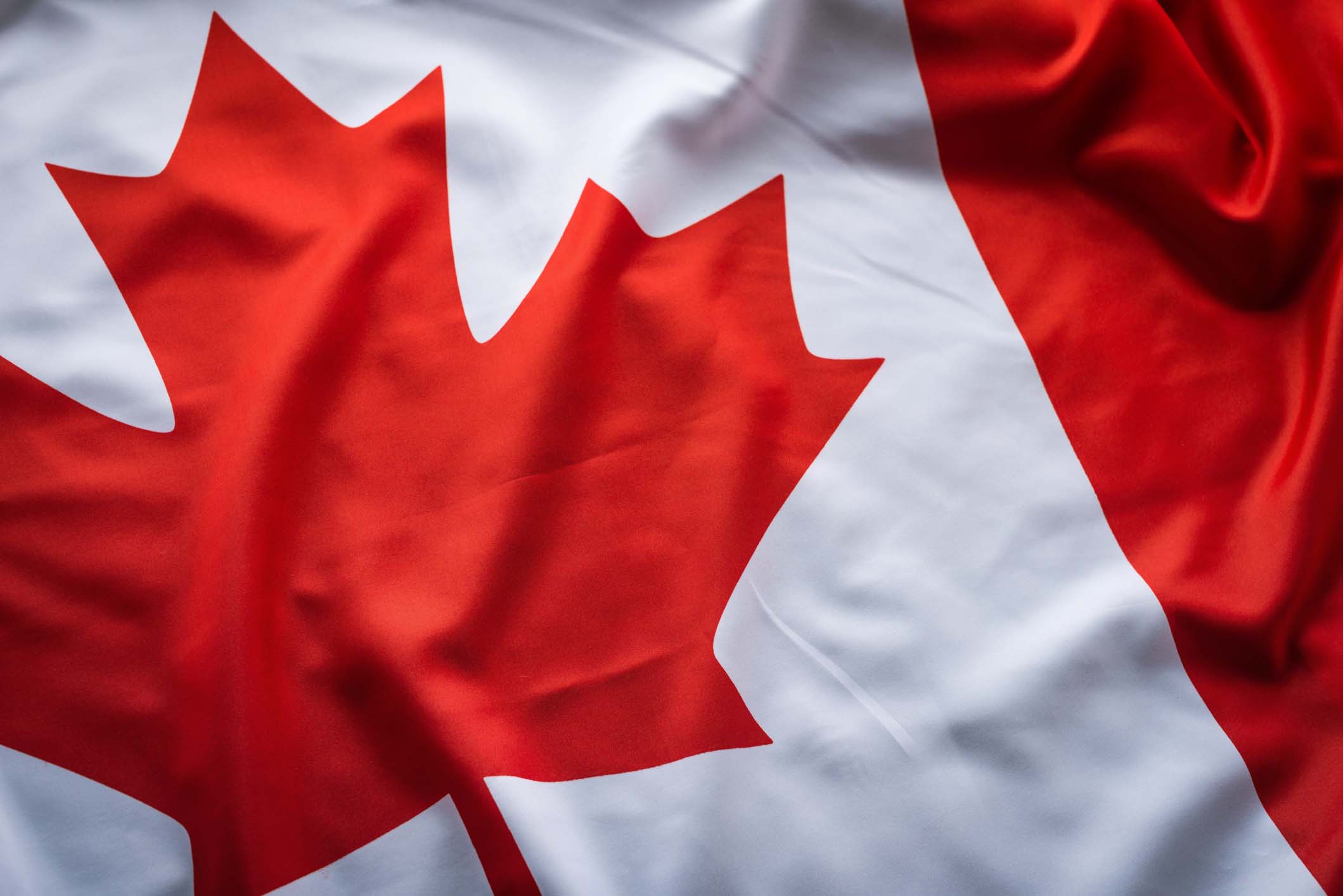Canadian Bar Association Continuing Legal Education

About Us
Every lawyer in Canada and notary in Quebec is required by law to be a member of a law society and to be governed by its rules.
Overview
What is the Federation of Law Societies of Canada?
The Federation of Law Societies of Canada is the national association of the 14 law societies mandated by the provinces and territories to regulate Canada's legal profession in the public interest. It is the body through which Canada's law societies collaborate at the national level, share information on trends and issues affecting the legal profession, and engage in collective action and decision-making. The Federation is also the law societies' national and international voice on important issues related to the regulation and core values of the legal profession.

Serving the Public Interest
Serving the Public Interest
A central feature of Canada's legal system is the public's right to obtain legal advice and be represented by a legal profession that is independent of government. For that reason, our laws provide for the self-regulation of the legal profession. One of the key strengths of Canada's legal system is the clear distinction between the function of law societies and that of voluntary associations of members of the profession. The function of law societies is to regulate the legal profession in the public interest. The mandate of the Federation is also to serve the public interest. It is the function of voluntary associations of members of the profession, such as the Canadian Bar Association, to speak for and represent the interests of their members.

Leading the Development of High Standards of Regulation
Leading the Development of High Standards of Regulation
The Federation leads the development of high national standards of regulation to ensure that all Canadians are served by a competent, honourable and independent legal profession.

Leader in Free Access to Legal Information
Leader in Free Access to Legal Information
The Federation is the developer and owner of the Canadian Legal Information Institute (CanLII), a free and comprehensive online search engine for Canada's laws and over 1 million decisions from Canada's Courts and administrative tribunals.

Certifying Body of Internationally Educated Lawyers and Law Graduates
Certifying Body of Internationally Educated Lawyers and Law Graduates
Through its National Committee on Accreditation (NCA), the Federation certifies individuals whose legal education was obtained outside of Canada and who wish to seek admission to one of Canada's law societies (except Quebec).

Provider of National Continuing Legal Education Programs

National Voice of Canada's Law Societies
National Voice of Canada's Law Societies
As the national voice of Canada's law societies, when called upon by its member law societies, the Federation provides its views on issues of national importance including matters related to the regulation of the legal profession, solicitor client privilege and the Rule of Law.
Our Vision
Acting in the public interest by strengthening Canada's system of governance of an independent legal profession, reinforcing public confidence in it and making it a leading example for justice systems around the world.
Our Mission
The Federation of Law Societies of Canada fulfills its mission in a manner that is focused on the public interest and the need to increase access to legal services. It is responsive and accountable, conducts itself in accordance with the highest standards of professionalism, excellence, ethics and good governance, and is respectful of Canada's bilingual and bi-juridical nature.
Our Strategic Priorities
The Federation has three strategic priorities.
1. We are the national information-sharing centre for law societies. We monitor, analyze and share information with our member law societies on important national and international trends and issues.
2. We are the national collaboration hub for law societies. We act as a coordinator and facilitator for national collaboration efforts, providing support to national programs and projects, and harmonized standards and policies.
3. We are the respected national voice of law societies. We engage with national and international stakeholders on issues of mutual interest, and with the consent of our members, we speak out on specific issues of national and international importance involving justice and regulatory matters.
Our Members: Canada's Law Societies
Every lawyer in Canada and notary in Quebec is required by law to be a member of a law society and to be governed by its rules. Canada's 14 provincial and territorial law societies govern over 136,000 lawyers, Quebec's 4,200 notaries and Ontario's 10,600 independent paralegals in the public interest. Each law society is established by provincial and territorial law and has a mandate to ensure that people in its jurisdiction are served by legal professionals who meet high standards of competence and professional conduct.
Key Functions of Law Societies
To fulfill their public interest mandate, law societies set the standards for admission to the profession and the conduct of members in their province or territory. They investigate complaints and discipline members of the profession who violate the rules of conduct and audit and monitor the use of trust funds held by members of the profession on behalf of their clients.
To learn more about how Canada's law societies serve the public interest, to become a member of the legal profession or to make a complaint about a member in your province or territory, you can use the following links:
Council of the Federation
The Council of the Federation of Law Societies of Canada is the governing body of the Federation. It sets the organization's strategic direction and oversees management.
Membership and meetings
Each of the Federation's 14 member law societies nominates one representative to Council for a renewable term of one year. The Federation's immediate Past President, President and incoming President (known as the Vice President and President-elect) are also members of Council. The Council meets four times a year.
Executive Committee
In between meetings of Council, the Executive Committee provides strategic advice and leadership in support of the President and the Council. The Executive Committee is made up of the President, the Past President, the Vice President (who is also President-elect) and the Second Vice President. Members of the Executive Committee serve a one-year term and are selected based on a regional rotation. Here are the current members of the Executive Committee and Council of the Federation. Click the photo of each to view details.
Bâtonnier Nicolas Plourde, Ad. E.
President 2021—2022
Jill Perry, K.C.
Vice President and President-elect 2021—2022
Jacqueline Horvat
Vice President and Council Member nominated by the Law Society of Ontario
Stephen G. Raby, K.C.
Past President 2021—2022
Pinder K. Cheema, K.C.
Council Member nominated by the Law Society of British Columbia
Carsten Jensen, K.C., FCIArb
Council Member nominated by the Law Society of Alberta
Erin M. S. Kleisinger, K.C.
Council Member nominated by the Law Society of Saskatchewan
Lynda Troup
Council Member nominated by the Law Society of Manitoba
Stephanie Lisa Roberts
Council Member nominated by the Barreau du Québec
Louis-Martin Beaumont
Council Member nominated by the Chambre des notaires du Québec
Bâtonnier George Filliter, K.C.
Council Member nominated by the Law Society of New Brunswick
Frank E. DeMont, K.C., Q.Med.
Federation Council Member nominated by the Nova Scotia Barristers' Society
Donald K. MacKenzie, K.C.
Council Member nominated by the Law Society of Prince Edward Island
Ian Patey
Council Member nominated by the Law Society of Newfoundland and Labrador
David A. McWhinnie
Council Member nominated by the Law Society of Yukon
Karen L. Wilford
Council Member nominated by the Law Society of the Northwest Territories
Sara Siebert
Council Member nominated by the Law Society of Nunavut
Our Team
The staff and day-to-day operations of the Federation of Law Societies of Canada are managed by a Chief Executive Officer and senior directors, located at the Federation's head office in Ottawa, Ontario.
Frederica Wilson
Executive Director, Policy and Public Affairs, and Deputy Chief Executive Officer
fwilson@flsc.ca
Deborah Wolfe, P.Eng.
Executive Director, National Committee on Accreditation and Law School Programs
dwolfe@flsc.ca
Stephanie Spiers
Senior Director, National Projects and Member Relations
sspiers@flsc.ca
Bob Linney
Director, Communications and Information Technology
blinney@flsc.ca
Source: https://flsc.ca/about-us/
0 Response to "Canadian Bar Association Continuing Legal Education"
Post a Comment